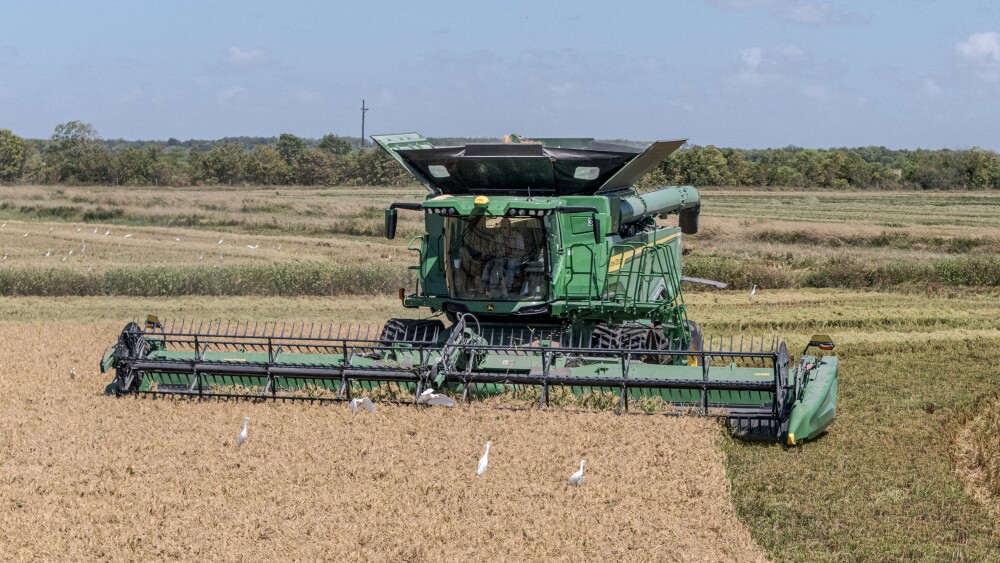If you want to hedge your bets against inflation, all you have to do is buy bitcoin, gold, or 100 acres of hayfields in Nebraska.
The amount of farmland bought by investment firms has jumped 231% from 2008 to the middle of last year, according to the National Council of Real Estate Investment Fiduciaries. Investors owned $16.6 billion worth of farmland at the end of 2023, up $9.2 billion from 2020.
- Aside from being relatively unaffected by inflation, farmland is a solid investment: The world will need to produce 60% more food by 2050, according to UN estimates.
- The value of farmland increased from $2,700 per acre in 2010 to $5,460 in 2023, according to the USDA.
As the average age of farmers goes up, experts worry it’ll be harder for the industry to attract young people to the field (literally), especially now that they’re competing with deep-pocketed investors.
Bipartisan concern over who owns the strawberry patch
US politicians are mad about investors buying up farmland, but they are even madder at the foreign investors doing it. Members of Congress and at least 36 state lawmakers have introduced bills over the last year that would limit or ban non-US citizens or people from certain countries (mostly Iran, Russia, China, and North Korea) from buying farmland.
- Chinese billionaire Chen Tianqiao is the second-biggest foreign owner of US land—though less than 1% of foreign-owned land in the US is owned by Chinese interests, per the USDA.
- Canadian investors take the cake, owning 31% of foreign-held US land, which comes out to just under 1% of total US agricultural land.
Looking ahead…industry experts estimate that investment firms still only control about 1% to 3% of the market. But the speed at which these groups are snapping up land—and driving up prices—is what has lawmakers nervous, and that’s why restrictions could be part of a farm bill that’s expected to pass at some point in the next year.—MM
Article Courtesy of Matty Merritt for Morning Brew

